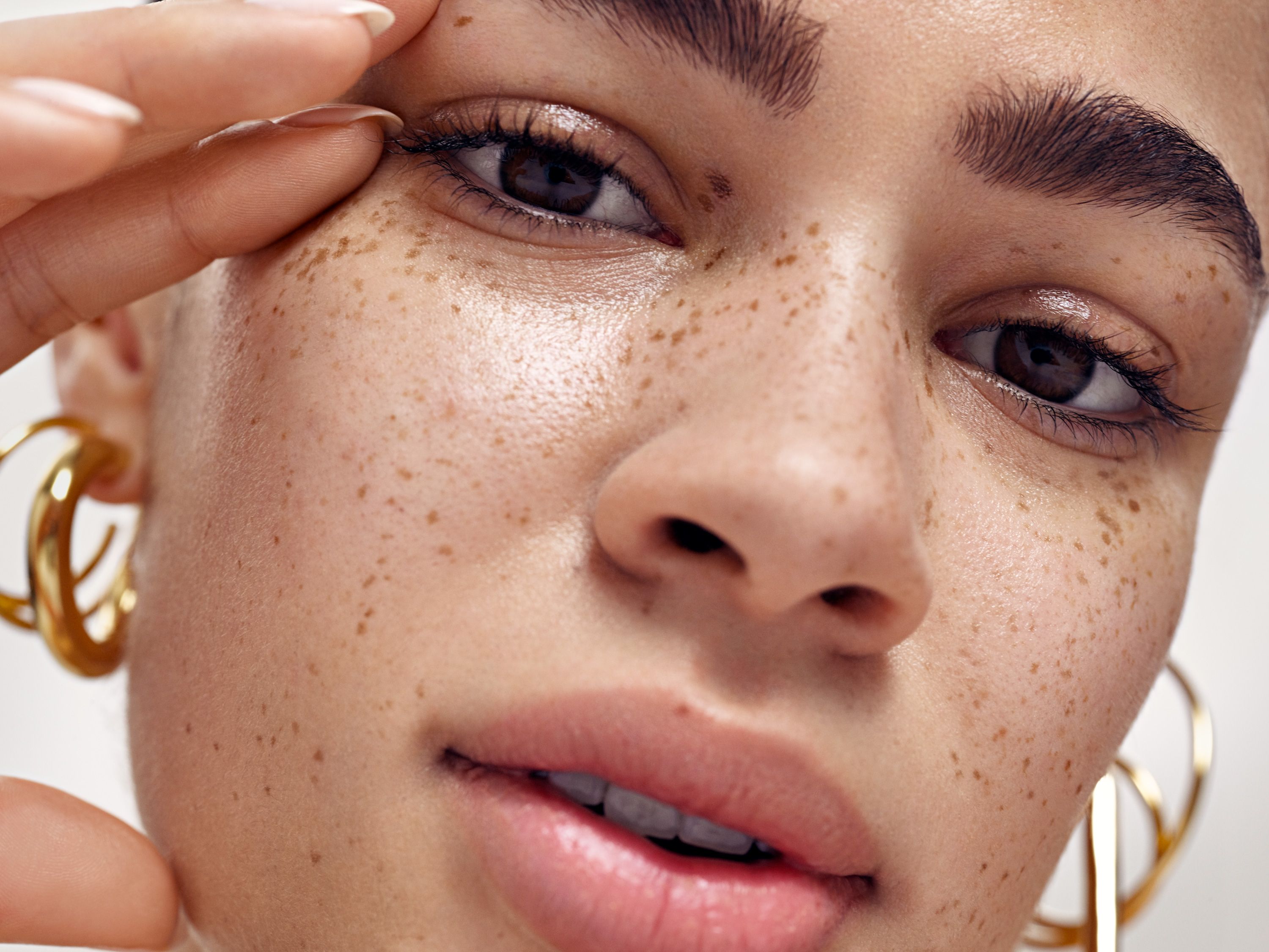Many people will deal with acne at one time or another in their lives. Unfortunately, its effects can be more than skin profound. Often seen as an adolescent rite of passage, acne may also carry into adulthood. When acne persists, it can harm your self-esteem.

The way magazines and social media obsess over appearance, and it’s no wonder people all want to look a certain way. Curating the perfect look online is becoming more and more a trend. There are even filters to smooth your skin and add makeup or hair colors. Who wouldn’t feel self-conscious after seeing so many selfies every day, especially when experiencing a breakout?
This feeling can stir up anxiety and depression and take a toll on your self-esteem and influence your social life. When you have a breakout, you might not want to pose for pictures with friends. Every time people look at you, you may feel like they are staring at the giant pimple on your nose. If your acne is on your chest or back, you could be embarrassed to take your shirt off to swim. You might even cancel a date when you have a flare-up.
It doesn’t improve matters when loved ones draw attention to your acne. Teasing — gentle or otherwise — only makes it worse. Family or friends might bring up your acne from a place of love, but the effect makes you feel even more insecure.
The good news is that when dealing with acne, you can take charge. Here are a few things you can do to keep it from affecting your self-confidence.
acne treatment. Over-the-counter remedies containing benzoyl peroxide or salicylic acid are an excellent place to start. While the effects of such therapies may not be immediate, many acne sufferers will see clearer skin in time.
Remember that it’s essential to be patient. However tempting, the more you pop or pick your pimples, the worse a breakout can get. This can spread the bacteria and lead to more breakouts and even scarring.
If you give OTC remedies time and don’t do the trick, you can seek treatment in other ways. Speak with your primary care doctor about a recommended course of action. They might refer you to a dermatologist specializing in your acne type. If talking to a doctor in person is stressful for you, consider online treatment options.
The beauty of online treatment is how easy it is. You can share your history and upload a photo of yourself for a medical professional to review. These providers can recommend a treatment plan and ship your medication right to your door. For patients who are feeling down, this can be a huge relief. You can imagine the stress release of ordering and receiving medication right from the comfort of your own home.
diet doesn’t directly cause acne, what you eat can make a difference in your skin. For example, foods that spike your blood sugar can also trigger oil production. Excess oil can clog your pores, contributing to more acne. Eating low-glycemic foods (vegetables, whole grains, fatty fish, etc.), in contrast, can reduce inflammation and improve skin health. Eating healthier foods can also help you feel better physically and mentally.
Exercise can likewise improve your mental clarity and physical health. While exercising in and of itself won’t decrease your acne, it can make you feel better about yourself. Exercise has been found to boost confidence, reduce stress, and alleviate anxiety.
Stress can sometimes worsen acne. In addition to exercise, find other ways to reduce your stress. What do you enjoy? What calms you? Perhaps it’s seeing family or talking with a good friend. You may also find it relaxing to read a book with coffee or take a long walk.
Being kind to yourself and focusing on your overall wellness can help you manage your breakouts. Taking care of yourself in these areas can also go a long way toward boosting your mental health and self-esteem.
Reach Out for Support
As your breakouts diminish, your self-esteem will likely improve along with your complexion. But what if your acne lingers despite treatment? Sometimes people can spiral from feeling bad about their acne to feeling bad about themselves. If poor self-confidence is still hampering you, seek support.
Paying attention to your mental health is especially important if your acne has triggered heightened anxiety or depression. Talking to your doctor about your feelings is an excellent first step. They may recommend that you see a counselor.
You might be experiencing anger or frustration over your stubborn acne, asking, “Why me?” Understand first that your emotions are valid. Feelings of hopelessness are understandable, especially if you’ve tried several treatments without success. A counselor can assist if you notice changes in your social life, such as staying home more often or avoiding activities you once loved.
Maybe counseling isn’t your thing, or it doesn’t feel necessary yet. In that case, reach out to close friends or loved ones to gain a sympathetic ear. They may not know you’ve been feeling this way. As humans, we are often our own worst critics. Your close friends and loved ones can help you see yourself as they see you.
If you’re reluctant to reach out to friends or family, seek assistance online. There are several internet support groups available. There are even groups on Instagram and Facebook you can follow. Members of these groups are going through situations similar to yours. It can be comforting to connect with them.
Acne is a frustrating reality that many people have had to deal with at some point. It can take a massive toll on your self-confidence in addition to its adverse impacts on your skin health. But acne doesn’t have to define you, so don’t let it wreak havoc on your confidence. Seek treatment, practice self-care, and don’t hesitate to reach out for support.




